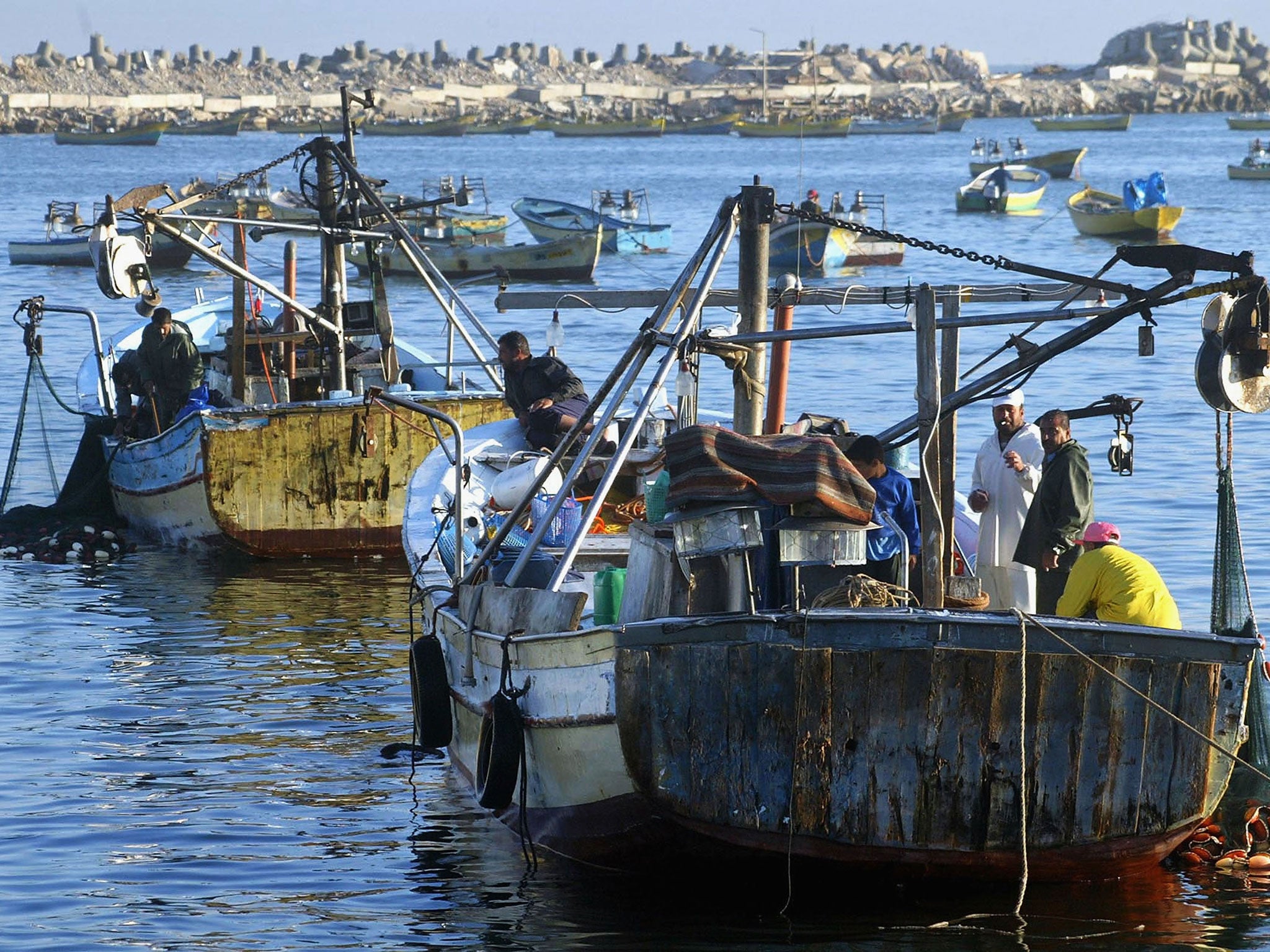EU tackles Iceland over 'mackerel wars'
Island nation and Faroes face trade sanctions over rising catches of fish

The European Union is about to launch its fiercest salvo yet in the so-called “mackerel wars”, finally opening sanctions proceedings against Iceland and the Faroe Islands over their rising catches of mackerel and herring, which have led to fears of overfishing.
The move marks a significant escalation in the battle between the Icelandic government, which argues that its fishing industry is both sustainable and crucial to the economy, and the EU, which is seeking to protect future fish stocks.
The EU Fisheries Commissioner, Maria Damanaki, had given a deadline of the end of July for a decision on whether to propose sanctions against Iceland, and sources at the European Commission said they were now preparing to go ahead with the measures. “Internally the procedure against Iceland has been launched,” an official close to the talks said.
Sanctions would include a ban on Icelandic mackerel catches landing or transiting in EU ports and potentially a ban on exports of mackerel products to the bloc. The Commission will notify Iceland and give them the chance to put forward their case, before EU member states vote on the issue.
The process against the Faroe Islands over their herring quotas is more advanced, with the EU fisheries committee due to vote on Wednesday. With Britain, Ireland, Spain, France and Portugal all supporting sanctions, it is expected to get the majority needed to pass, meaning the punitive measure could be in place in weeks.
Both cases mark the first time the EU has used a new trade sanctions tool introduced to tackle the Mackerel Wars, which erupted in 2009 when Iceland – not a member of the EU – unilaterally set their mackerel quota at 112,000 tonnes. This caused outrage among EU nations, and particularly in the Scottish fishing industry which relies heavily on mackerel. Up until 2009, quotas had been jointly agreed between the EU, Norway, Iceland, and the Faroe Islands.
Ms Damanaki, who has spearheaded reform of the EU's fishing policy to reverse decades of overfishing, has said the bloc “cannot permit unilateral actions that can destroy the stocks.”
But Iceland and the Faroe Islands argue that a rise in sea temperatures caused by a combination of global warming and natural factors has sent mackerel and herring shoals further north, and the allocations should have been amended to reflect this.
The rise of Iceland’s riches at sea over the past few years has coincided with economic disaster on land, as the country’s banking sector collapsed. There were stories of Icelandic fishermen who had given up their trade to become stockbrokers during the boom. But when the banks fell, the government encouraged the nation to return to their roots in fishing to help the economy to recover.
“Fishing is more important for Iceland than the car industry for Germany or the oil industry for Norway,” Sigurgeir Thorgeirsson, Iceland’s chief fisheries negotiator, told The Independent.
Many people heeded the government's call and as Iceland’s ability to bring in more fish rose, so did its self-regulated quota.
Mr Thorgeirsson argues that Iceland’s historical allocation of the mackerel catch does not reflect the number of the species now feeding in its waters. Its catch has risen from practically nothing in 2006 to a peak of nearly 155,000 tons in 2011. It is prepared to lower its quotas, Mr Thorgeirsson said, but only after fair negotiation with the other countries fighting for a share of the bounty. While he said on Friday that he was not aware of the EU’s decision to recommend sanctions, he warned “the reaction will be quite harsh”.
The Faroe Islands unilaterally set their herring quota at 105,000 tonnes for the first time this year, citing the refusal of the other fishing nations to renegotiate their current allocation of five per cent. Kate Sanderson, the head of mission in Brussels for the Faroe Islands, said she was “pessimistic” about the outcome of Wednesday's vote. If the vote went against them, she said the Faroese government would look at legal measures to challenge the decision.
Subscribe to Independent Premium to bookmark this article
Want to bookmark your favourite articles and stories to read or reference later? Start your Independent Premium subscription today.

Join our commenting forum
Join thought-provoking conversations, follow other Independent readers and see their replies